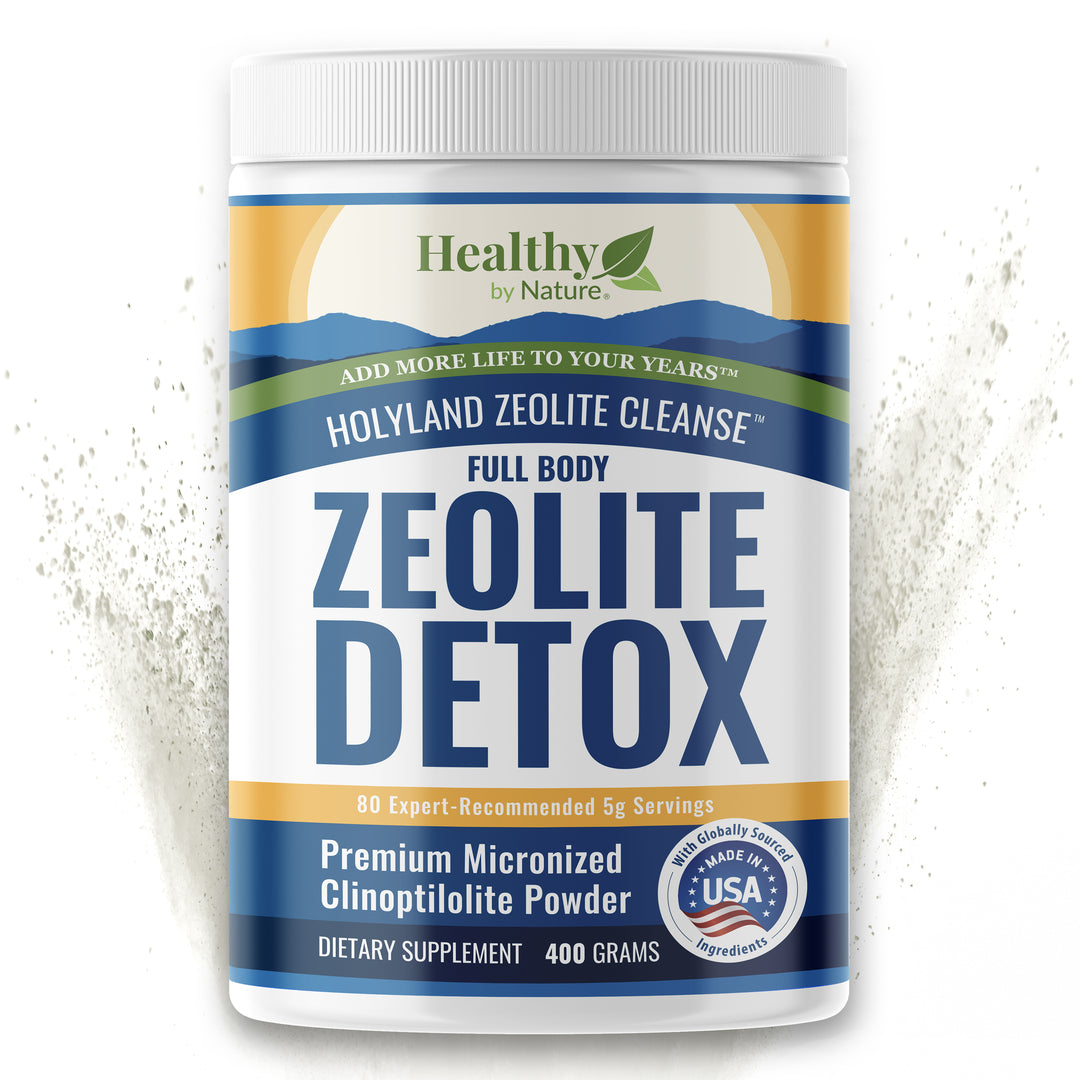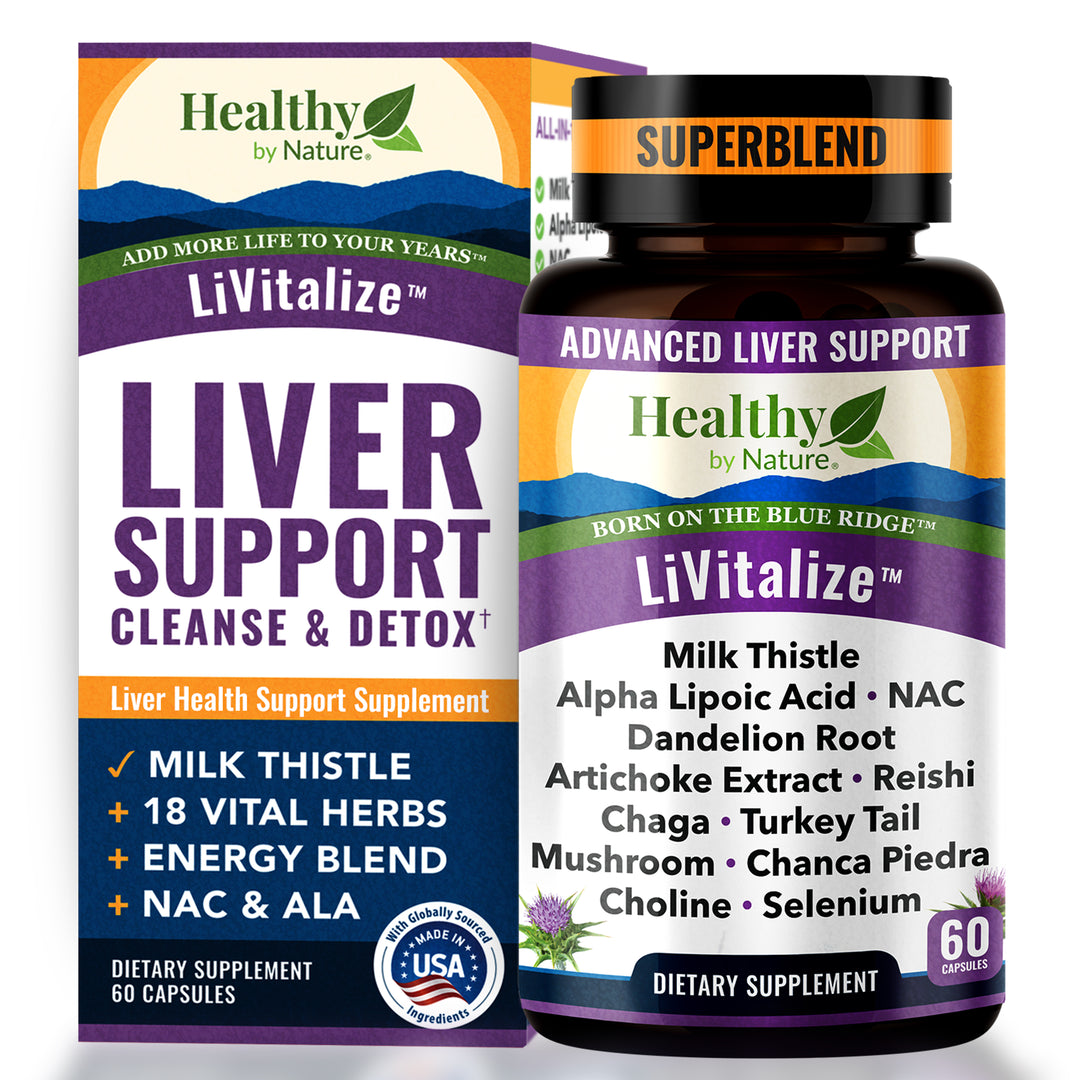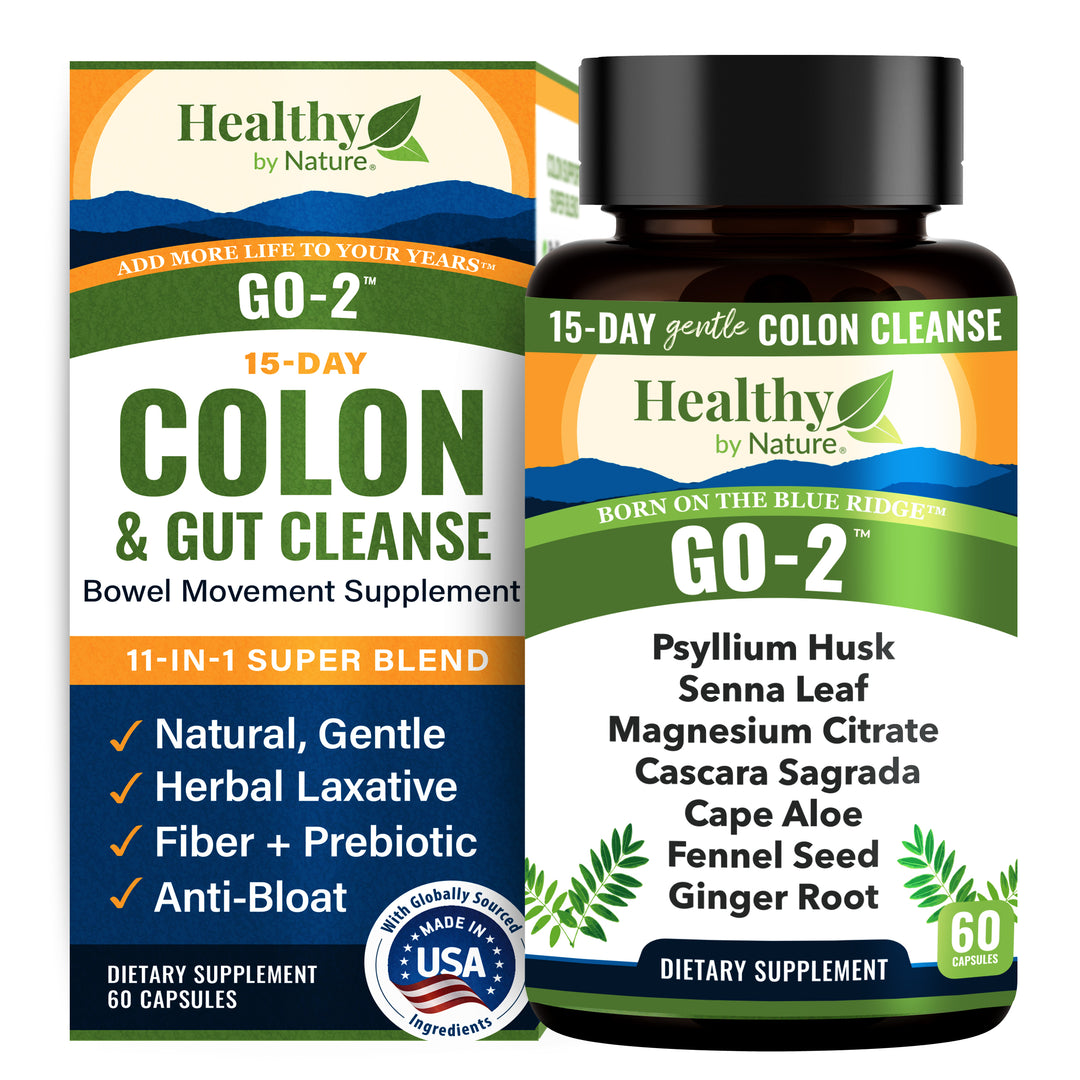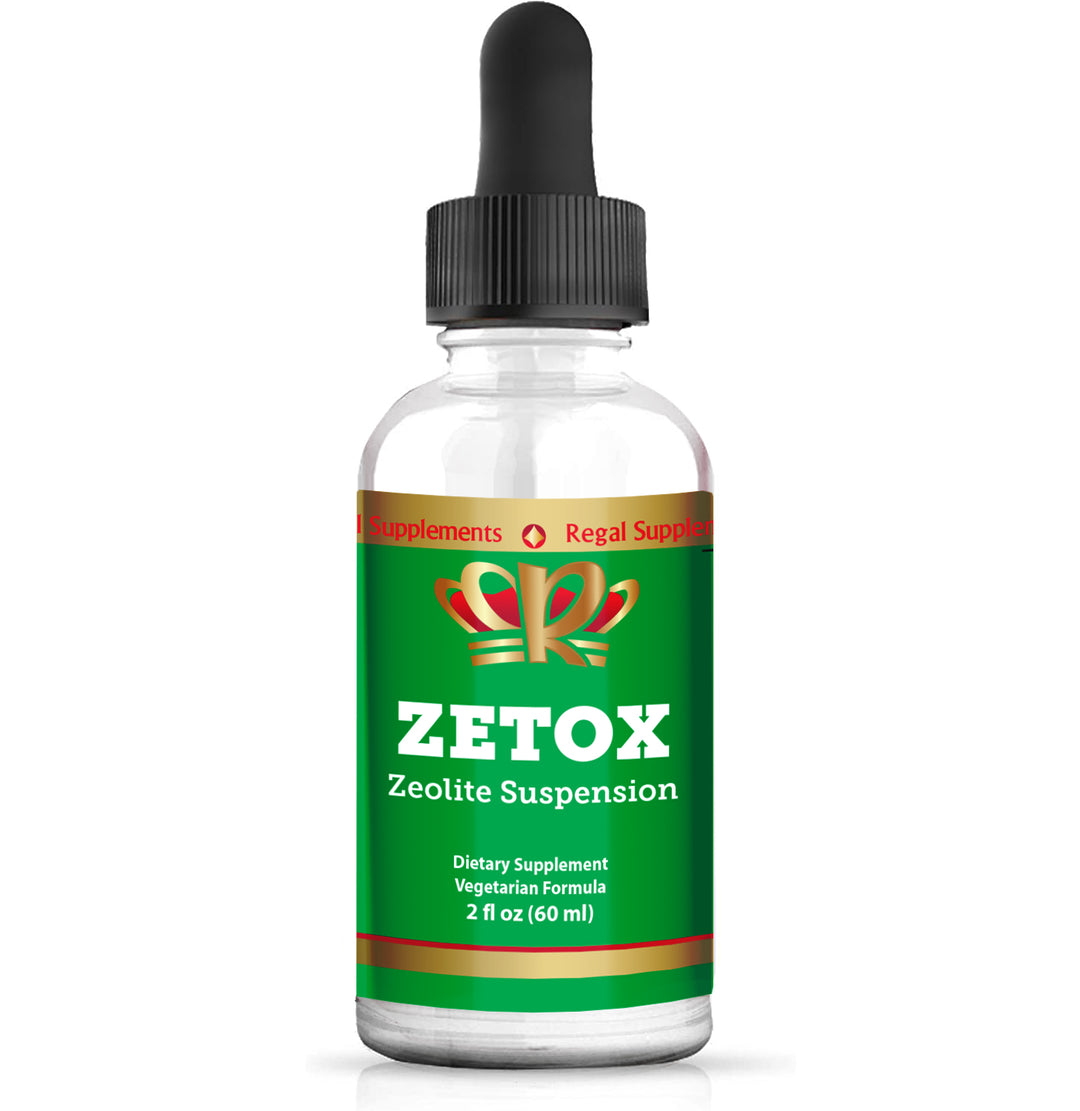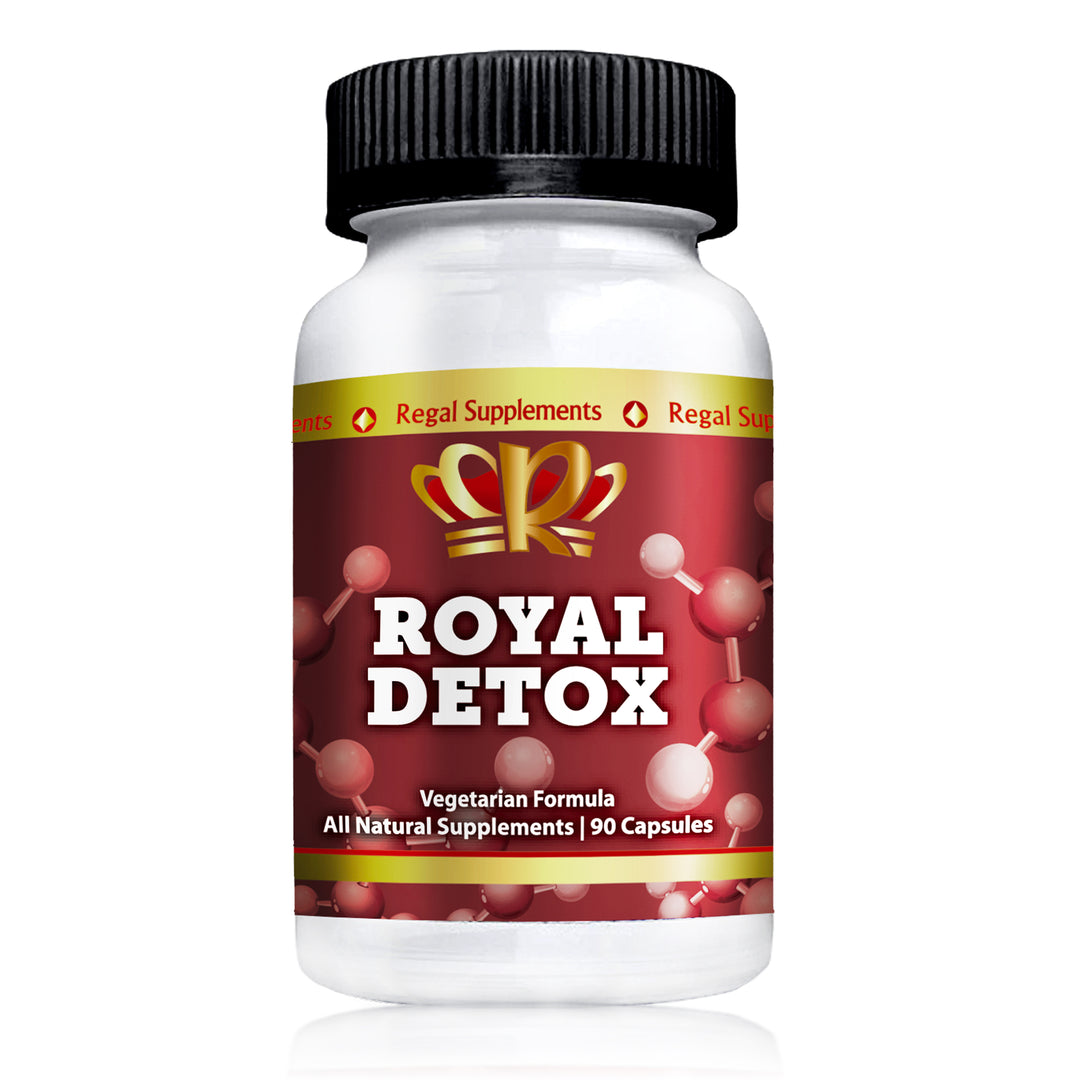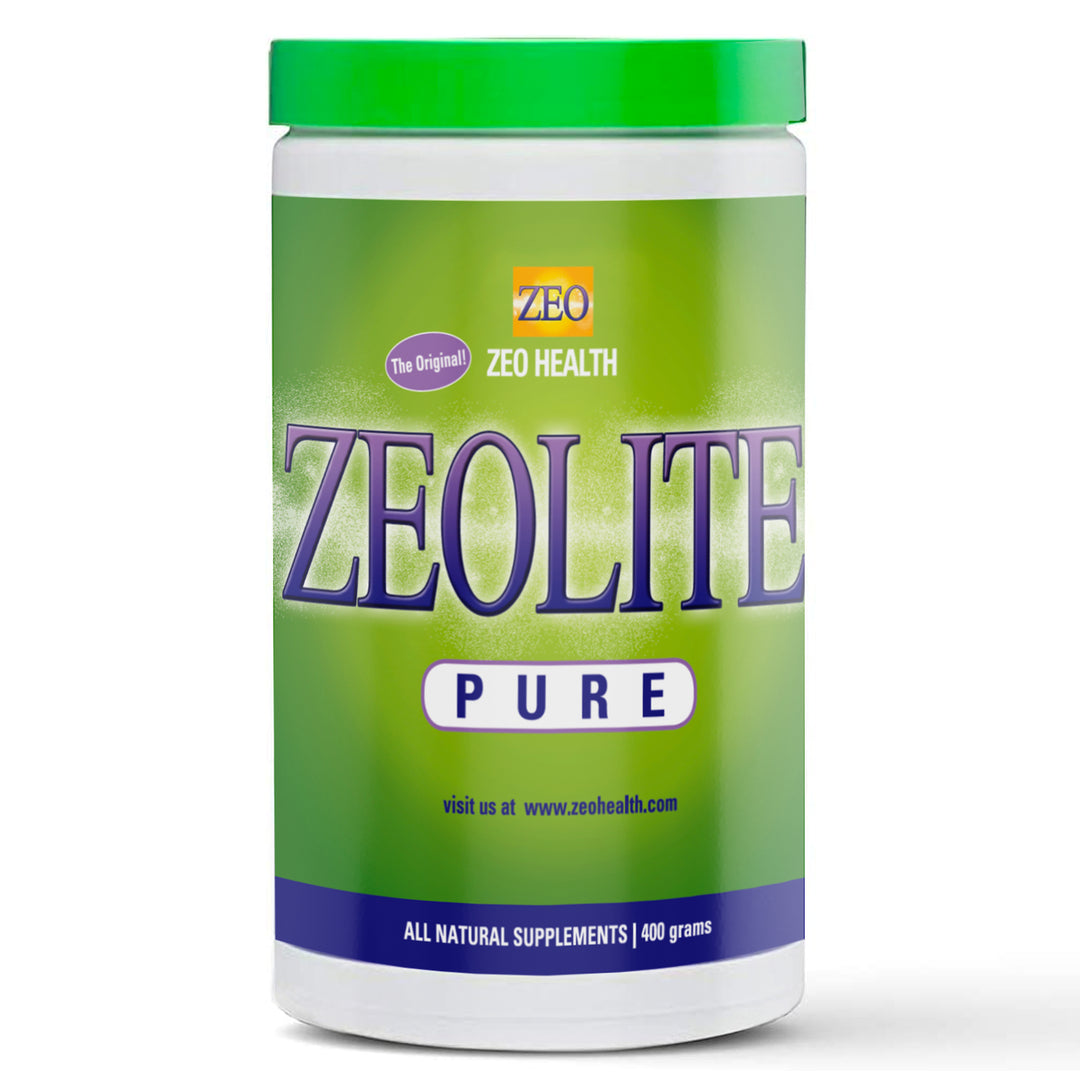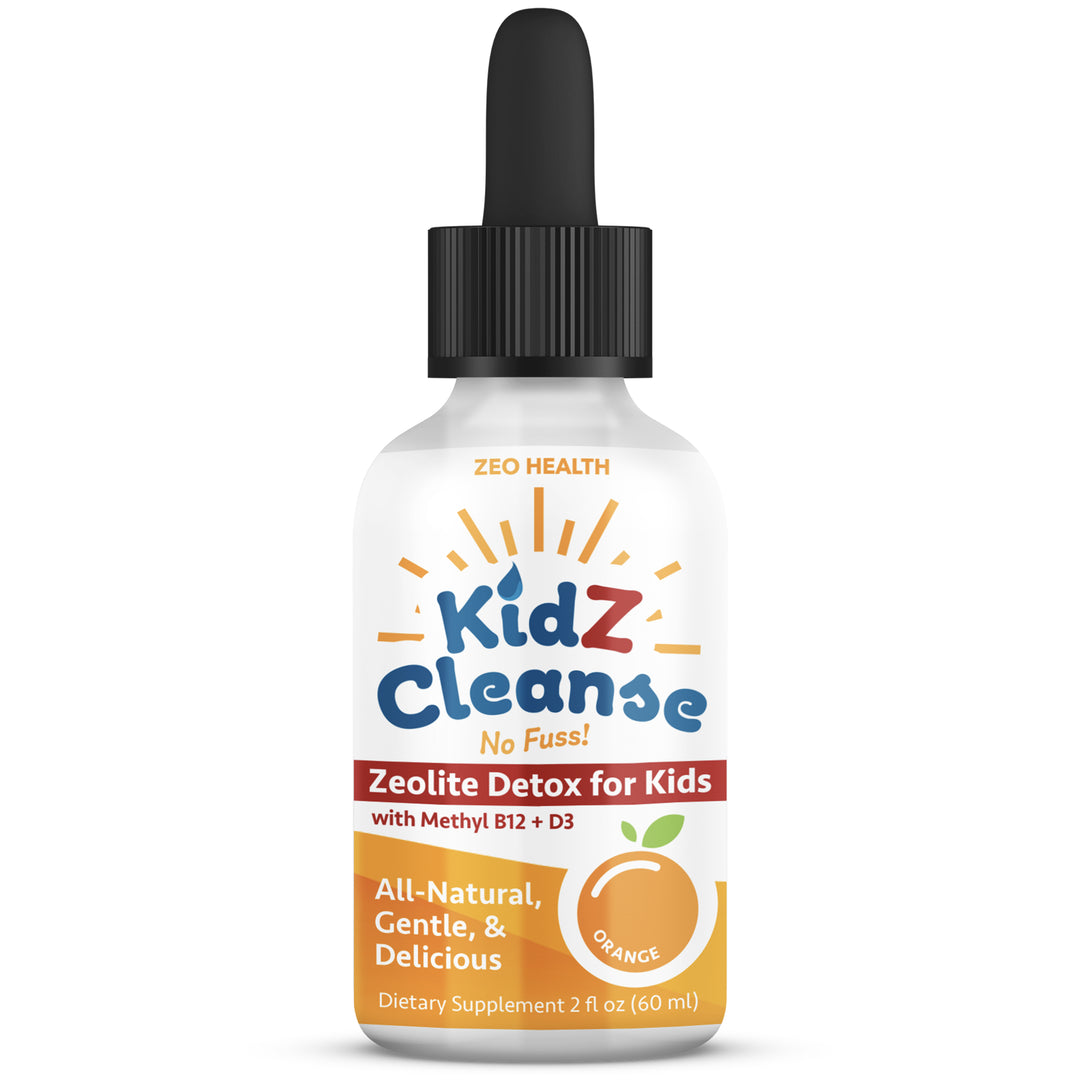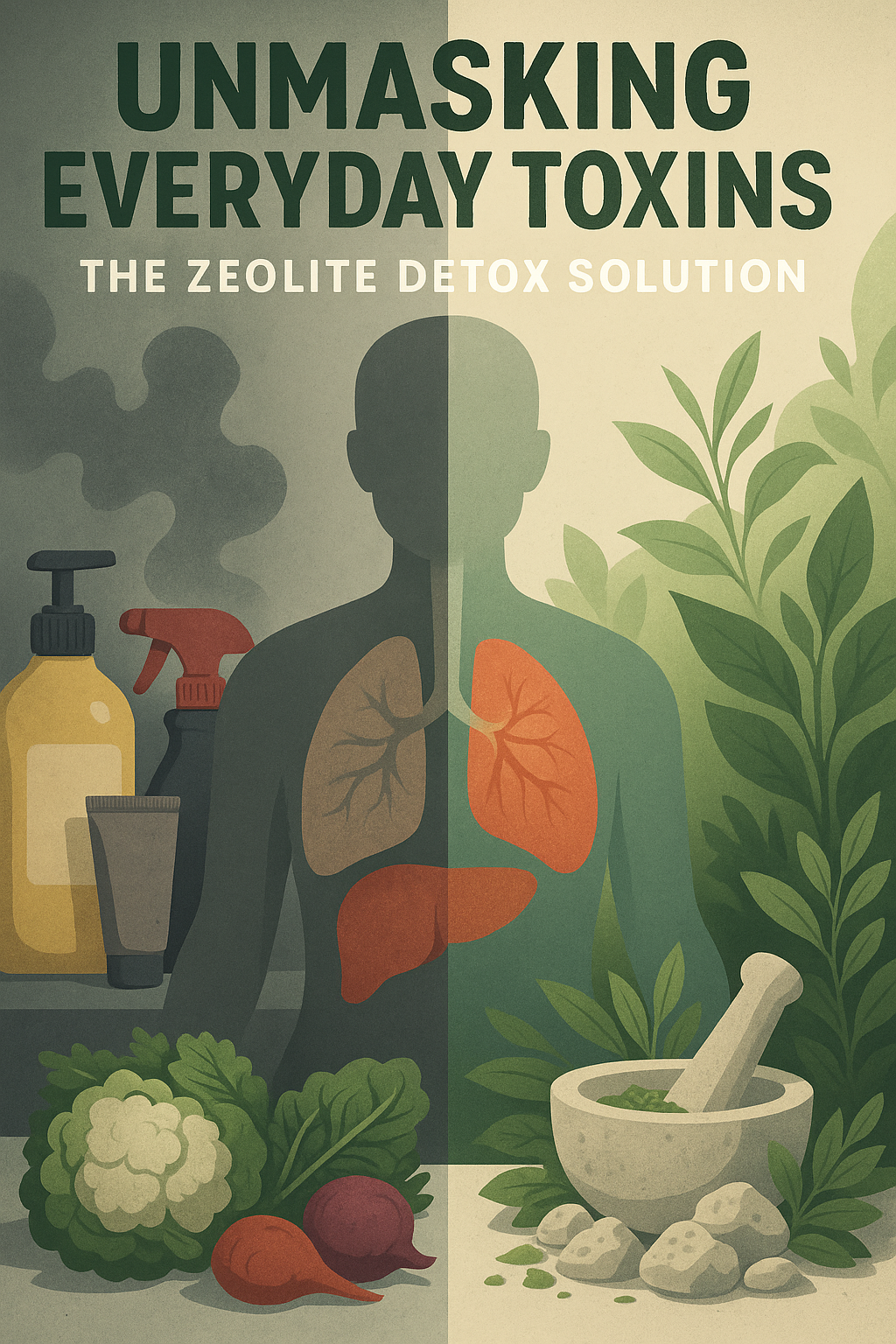Top 10 Natural Allies for Winter Wellness: Boost Your Immunity with Nature's Bounty
As the days grow shorter and the wind carries a chill, our attention naturally turns inward. We crave cozy nights, warm mugs, and a sense of robust health to see us through the sniffle-filled months ahead. While grandma's chicken soup and a good dose of rest remain timeless treasures, nature offers a wealth of evidence-backed allies to fortify our defenses. So, ditch the chemical concoctions and embrace the wisdom of the earth with these top 10 immunity-boosting superstars:
1. Vitamin C: Nature's Warrior against Winter Woes
This citrusy champion reigns supreme for a reason. Vitamin C is a potent antioxidant, shielding cells from free radical damage and supporting the production of infection-fighting white blood cells. Studies like a 2013 Cochrane review suggest it might even shorten the duration of colds!¹ Load up on oranges, grapefruits, kiwis, bell peppers, and leafy greens, or consider a gentle organic supplement derived from acerola cherries or camu camu berries.
2. Vitamin D: The Sunshine Vitamin, Even in Winter's Gloom
Often dubbed the "immune system modulator," vitamin D plays a crucial role in regulating immune response and cell growth. Deficiency is linked to increased susceptibility to infections, making winter supplementation particularly valuable. Soak up the sun when possible, and consider incorporating organic mushrooms like chanterelles or portobellos into your diet, as they're natural D-powerhouses. Consult your doctor about checking your levels and discussing potential supplementation.
3. Zinc: The Mineral that Matters for Mucosal Defense
This essential mineral acts as a gatekeeper on your body's frontline, lining the mucous membranes of your nose, throat, and lungs. Zinc deficiency weakens this barrier, making you more susceptible to invaders. Oysters, pumpkin seeds, chickpeas, and grass-fed beef are excellent sources. Studies like a 2011 meta-analysis by the Cochrane Collaboration highlight zinc's potential to reduce the duration and severity of colds when taken within 24 hours of symptom onset.²
4. Elderberry: The Ancient Elixir with Modern Backing
This dark-hued berry, a traditional European remedy for centuries, has gained scientific credence in recent years. Studies, like a 2016 double-blind placebo-controlled trial, suggest elderberry extract can lessen the duration and severity of influenza A and B infections.³ Enjoy elderberry syrup diluted in water or tea, or opt for organic lozenges. Remember, elderberry can interact with certain medications, so consult your healthcare provider before use.
5. Echinacea: The Warrior Herb from the Plains
Echinacea has been a go-to for immune support for generations. While research on its effectiveness is mixed, some studies, like a 2014 meta-analysis, suggest it may reduce the incidence and duration of upper respiratory tract infections.⁴ Opt for organic echinacea tea or tinctures, but remember, it's not recommended for individuals with autoimmune conditions or those taking immunosuppressant medications.
6. Probiotics: The Gut Garden's Guardian Angels
These friendly bacteria lining your digestive tract play a crucial role in overall health, including immunity. Studies like a 2017 review in the journal Nutrients suggest probiotics may help prevent respiratory infections and reduce their severity.⁵ Fermented foods like kimchi, sauerkraut, and kefir are probiotic powerhouses. You can also consider organic probiotic supplements with diverse bacterial strains.
7. Ginger: The Spicy Soother from the Earth
This pungent root boasts anti-inflammatory and immune-modulating properties. Studies like a 2015 review in the journal Integrative Medicine Insights suggest ginger may help relieve cold and flu symptoms like cough, sore throat, and nausea.⁶ Add fresh ginger to stir-fries, smoothies, or hot water with honey for a soothing winter tonic.
8. Garlic: Nature's Antibiotic Powerhouse
Garlic's potent antimicrobial and immune-boosting properties have been revered for centuries. Studies like a 2012 meta-analysis suggest regular garlic consumption may reduce the incidence and severity of colds and flu.⁷ Roast garlic cloves for a delicious spread, add them to soups and stews, or try organic garlic supplements for a concentrated dose of its goodness.




